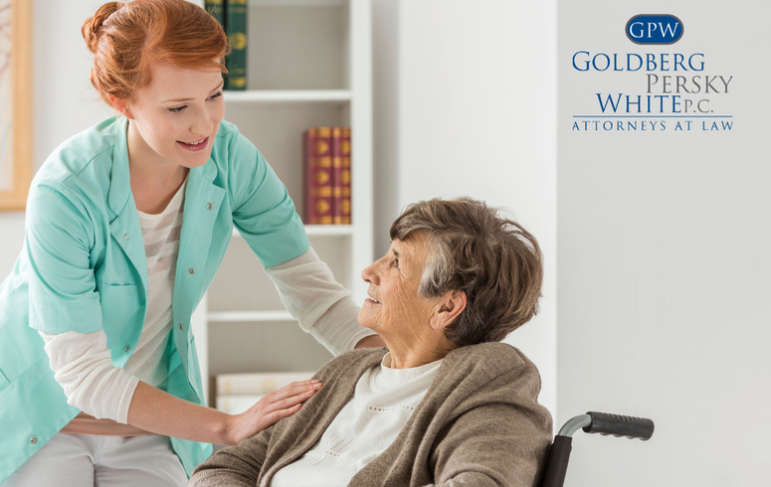Is Elder Abuse Getting Worse in the United States?
Nursing home abuse refers to any action or inaction by a caretaker or staff member that causes harm or endangers the health, safety, or well-being of a nursing home resident. It is a serious issue that affects a significant number of elderly individuals in the U.S., and can take many forms, including physical, emotional, sexual, and financial abuse, as well as neglect.
According to the National Center on Elder Abuse, it is estimated that one in ten older adults in the U.S. experience some form of elder abuse, with most cases going unreported. There are several reasons why elderly individuals may be vulnerable to abuse in nursing homes, including physical or cognitive limitations, isolation, and a lack of access to resources or support.
Elder abuse has become a growing problem in the United States over the last 50 years. According to the CDC, 1 in 10 people 60 years and older have experienced neglect and exploitation. The COVID-19 pandemic has also contributed to higher reports of abuse nationally, with one study estimating abuse instances increased as much as 84 percent. In fact, the World Health Organization estimated approximately 1 in 6 people 60 years and older have experienced some form of abuse in a residential community in 2021. With an ever-growing aging population that could exceed 2 billion by 2050, abuse statistics are unfortunately expected to rise as a result.
- Financial Exploitation: Financial exploitation of elderly individuals is a growing problem nationally. Older individuals are increasingly targeted for financial scams and abuse. This can include telemarketing scams to investment fraud and can result in the loss of a lifetime of savings. In addition, family members, caretakers, and others who have access to an elderly person’s financial information may exploit them for their own gain. The rise of technology and the internet has made it easier for scammers to target elderly individuals and has also made it more difficult for individuals to detect abuse.
- Physical Abuse: Elderly individuals who receive care in nursing homes or assisted living facilities are at increased risk of physical abuse. This can include rough handlingor physical assault which may result in serious injuries and disabilities. The increase in the number of elderly individuals who receive care in these facilities, combined with a lack of trained staff, has made physical abuse a growing problem.
- Psychological Abuse: Abuse does not always have to be physical. Verbal abuse and intimidation can be just as traumatic and may result in serious emotional and psychological harm. Older individuals who live alone or who have limited social support networks are at greater risk of psychological abuse.
- Neglect: Failing to provide food, water, and medical care, or leaving an elderly individual unattended for extended periods of time is neglect.. Older individuals who receive care in nursing homes or assisted living facilities are at increased risk of neglect which can lead to serious health problems and be life-threatening.
- Social Isolation: Elderly individuals who live alone or who have limited social support networks may be more vulnerable to abuse. Social isolation can make it more difficult for individuals to detect abuse or to report it, and can also increase their risk of depression, anxiety, and other mental health problems. In 2020, during COVID-19, many elderly individuals were unable to visit with family members or friends, and some were left alone for extended periods of time. This social isolation can increase the risk of abuse, as well as the risk of depression and other mental health problems.
It’s important to address these issues and provide support for elderly individuals who may be at risk of abuse. This includes strengthening the legal and regulatory framework around elder abuse, improving access to healthcare services, and increasing public awareness about the issue. By working together, society can ensure that elderly individuals receive the care, support, and protection they need and deserve.
One of the best ways to prevent any type of elderly abuse is to stay informed and engaged with your loved one’s care. This can include regularly visiting the nursing home, staying in communication with the staff, and being involved in the development and implementation of your loved one’s care plan.
Call 911 for the fastest assistance if you are aware of a senior who is in urgent danger. Additionally, contact Goldberg, Persky and White and we can review your case and determine how we can help.




